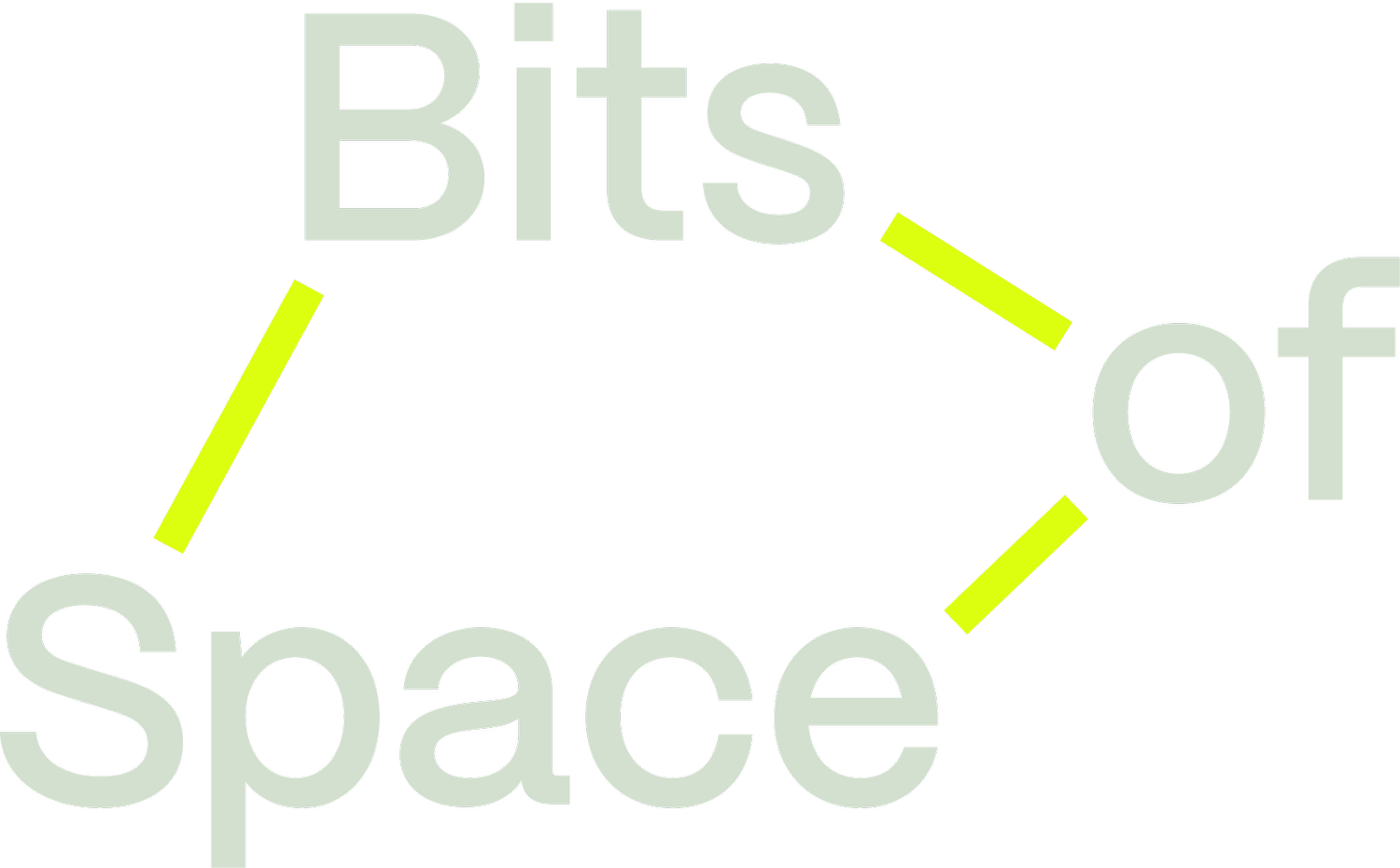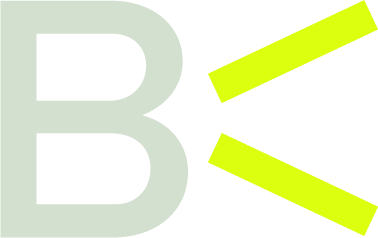Project Neighbourhood dashboards
Collectively defining what urban progress means
participation process | urban dashboards | exhibition
Clients
Gemeente Rotterdam
AMS Institute
In collaboration with
TU Delft
V2_ Lab for the Unstable Media
Team
Tessa Steenkamp
Roy Bendor
Bob Pannebakker
Special thanks to
Bibliotheek Rotterdam
OBA Waterlandplein
Civic Amsterdam
Local governments and organisations increasingly work with data and dashboards to measure progress in neighbourhoods. What is being measured is often defined by what is technically possible, or by what commercial companies have on offer, but rarely by what residents themselves would like to know.
What would urban dashboards look like if the residents design them? In this project, we collaborated with residents as ‘Neighbourhood Experts’ to find out what kind of local progress they like to see.
Residents as neighbourhood experts
In Amsterdam (the Waterlandplein-neighbourhood) and Rotterdam (Bospolder-Tussendijken), twenty residents subscribed as a ‘Neighbourhood Expert’. They then received a package with research tools and seven small assignments: one for each day of the week. Step by step, they were guided towards drawing their own urban data dashboard.
Ready to reinvent your participation processes?
Rather than inviting people to come chat, let’s get drawing together. By starting with an open-ended question, you might learn more about what is important to the residents of a neighbourhood.
Let’s talk about it
What tells you the neighbourhood is doing well?
The research tools encourage residents to map local places that are important to the community. They take pictures of progress in their own streets, and describe interactions between neighbours they would like to see more often. After envisioning the perfect future for the neighbourhood, they map out how to get there and how to track the steps towards it.
The process ends with a public exhibition. An interactive expo invites visitors to reflect on their neighbours input, and add their own experiences and dashboards.
Further reading
Alternative Imaginaries for the Smart City
The Neighbourhood Dashboards were part of a research project led by TU Delft. Read about the other parts of the project above.






